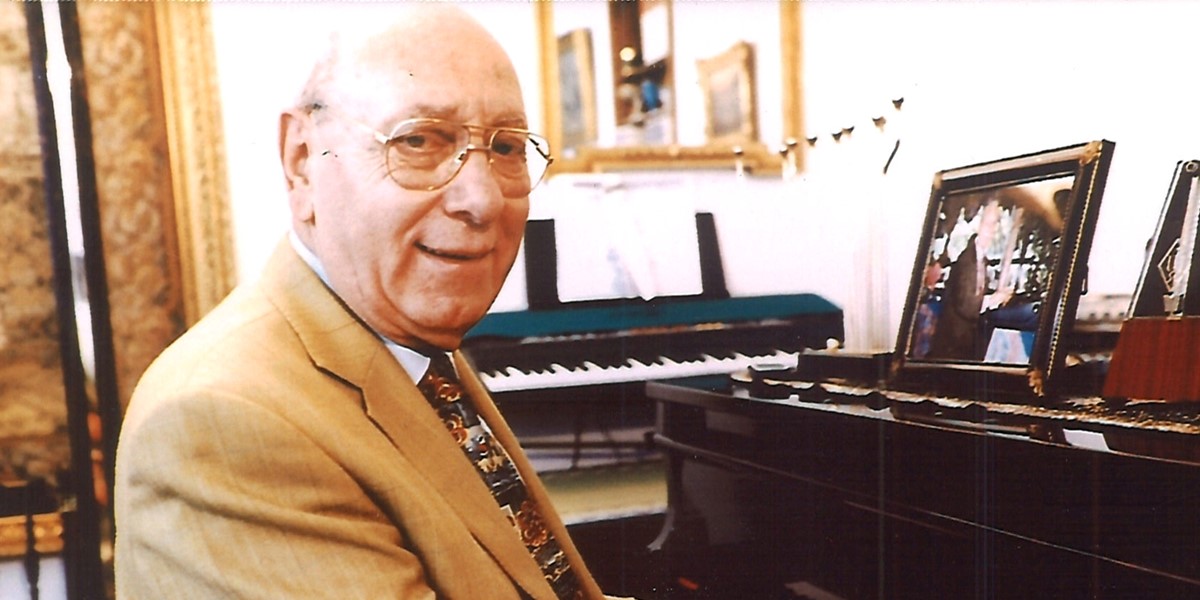Monday, April 8, 2024
Obituary: Maurice El Médioni (1928-2024)
A key artist in the development of Algerian chaabi and rai music, Maurice El Médioni, the boogie-woogie maestro, has passed away

© Maurice El Médioni

Register now to continue reading

Thanks for visiting the Songlines website, your guide to an extraordinary world of music and culture. Sign up for a free account now to enjoy:
- Free access to 2 subscriber-only articles and album reviews every month
- Unlimited access to our news and awards pages
- Our regular email newsletters

